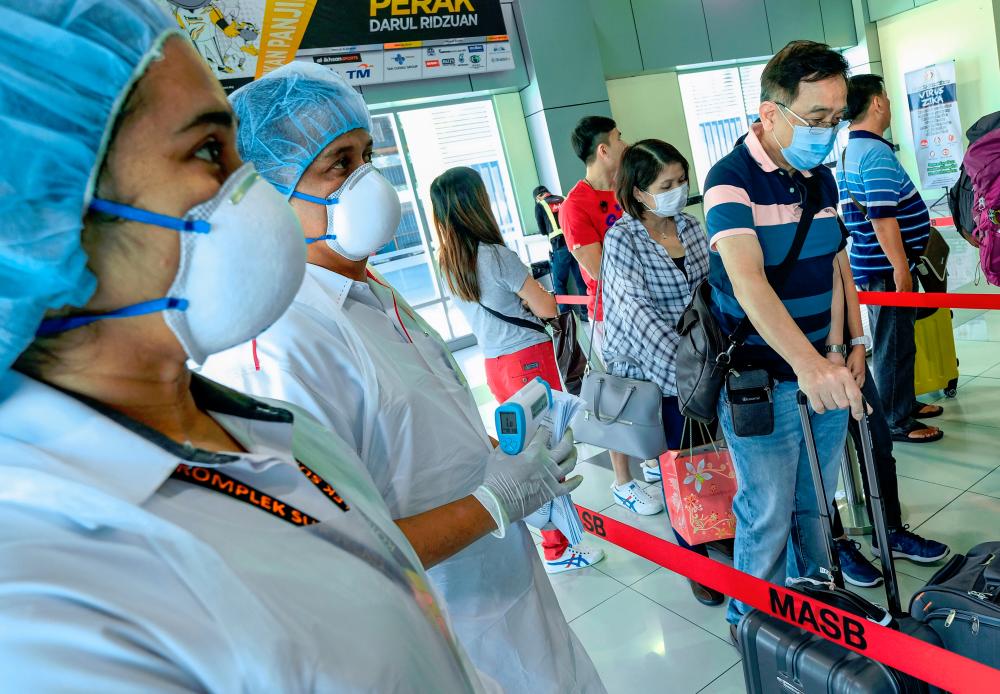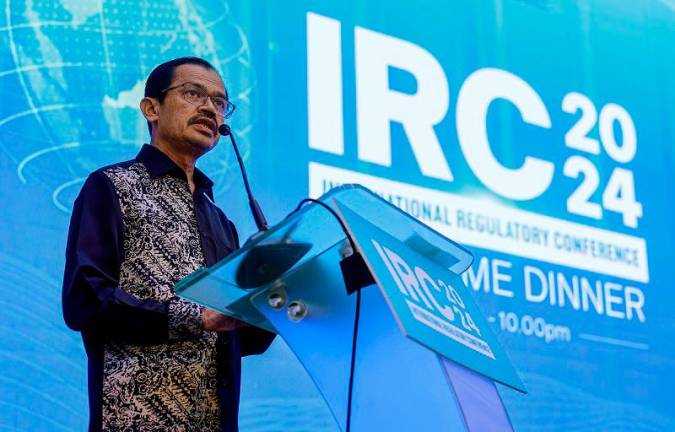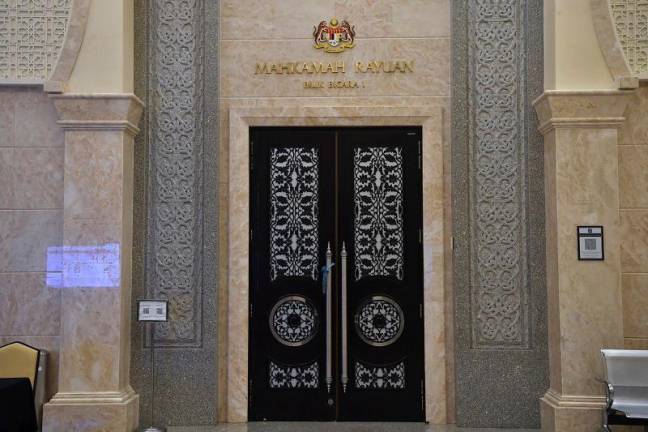PETALING JAYA: The Covid-19 outbreak is estimated to shave 0.3% and 0.5% off Malaysia’s gross domestic product (GDP) in 2020, according to RAM Ratings.
This is based on the assumption of a six and nine months of depressed private consumption, trade and supply chain disruptions.
The rating agency said the outbreak will have an immediate impact within discretionary services and industries such as domestic tourism, retail and food and beverage. The services sector is the largest component of Malaysia’s GDP.
“Given China’s position as the epicentre of the pandemic and a central node in the global supply chain, the consequences of shrinking demand and disrupted supply of manufacturing inputs will be felt across the globe.”
It said Malaysia’s aviation, gaming and hotel sectors will also bear the full brunt of the economic impact from the virus.
“Players in these sectors will likely experience steep declines in revenue and cashflow in Q1’2020, followed by some degree of recovery the next quarter, before normalising.”
Despite expectations that the financial impact from Covid-19 will be more severe relative to the outbreak of severe acute respiratory syndrome in 2002-2003, RAM said the ratings of Malaysia Airports Holdings Bhd, Genting Bhd and Genting Malaysia Bhd remain anchored by their strong financial profiles and, more importantly, their robust liquidity positions.
With regard to the outbreak’s impact on the financial sector, it opined the impact on banks’ asset quality is likely to be contained as major lenders have offered affected clients moratoriums on loan repayments and restructuring or rescheduling.
“These measures will curb delinquency that could otherwise occur. Even in the worst-case scenario, we expect the additional credit costs from the pandemic to come up to a relatively manageable seven to nine bps.”
On the infrastructure front, RAM has envisaged short-term downside risk for the domestic port sector in view of China’s role as Malaysia’s largest trading partner.
“Meanwhile, power projects that rely on Chinese manpower for construction, operations and maintenance services, and those that deploy Chinese equipment in plant construction work could be affected by temporary hiccups with respect to manpower and equipment delivery.”
On the contrary, the utilities, expressway and telecommunication sectors remain largely unperturbed by the pandemic, despite a potential short-term drop in demand.
RAM-rated commercial mortgage-backed securities transactions, particularly those supported by retail or hotel assets that are already under pressure, will likely encounter greater liquidity pressure and may take longer to recover.










